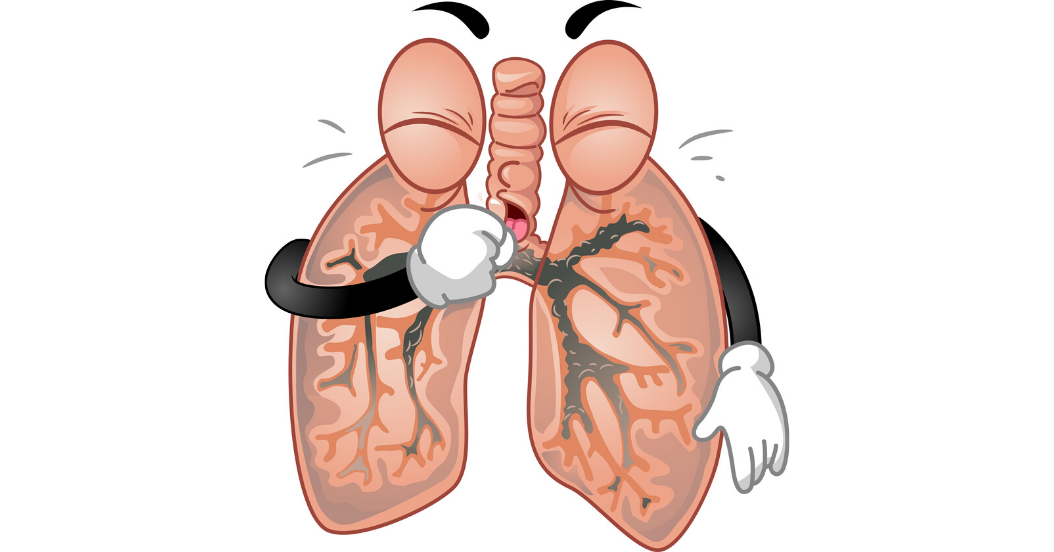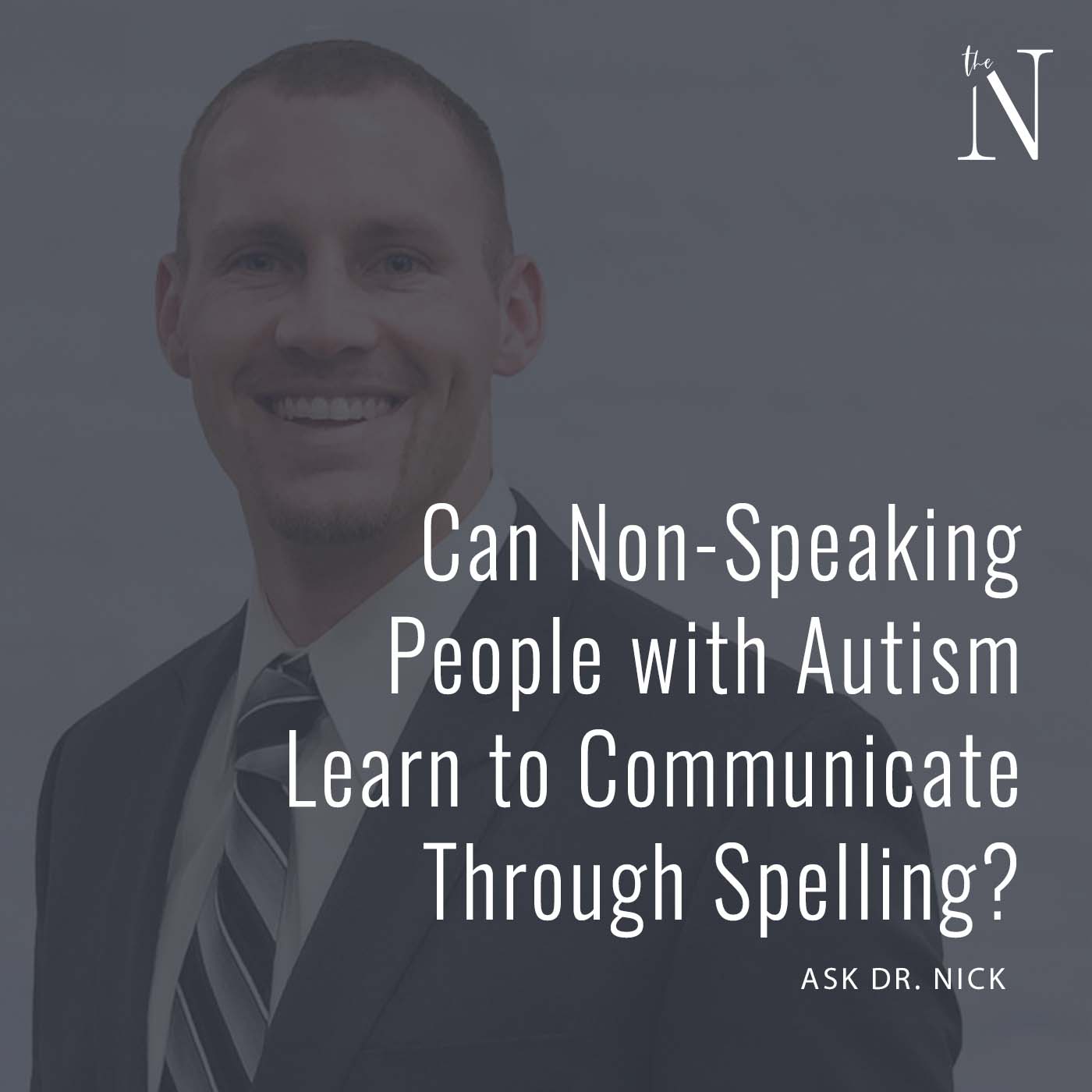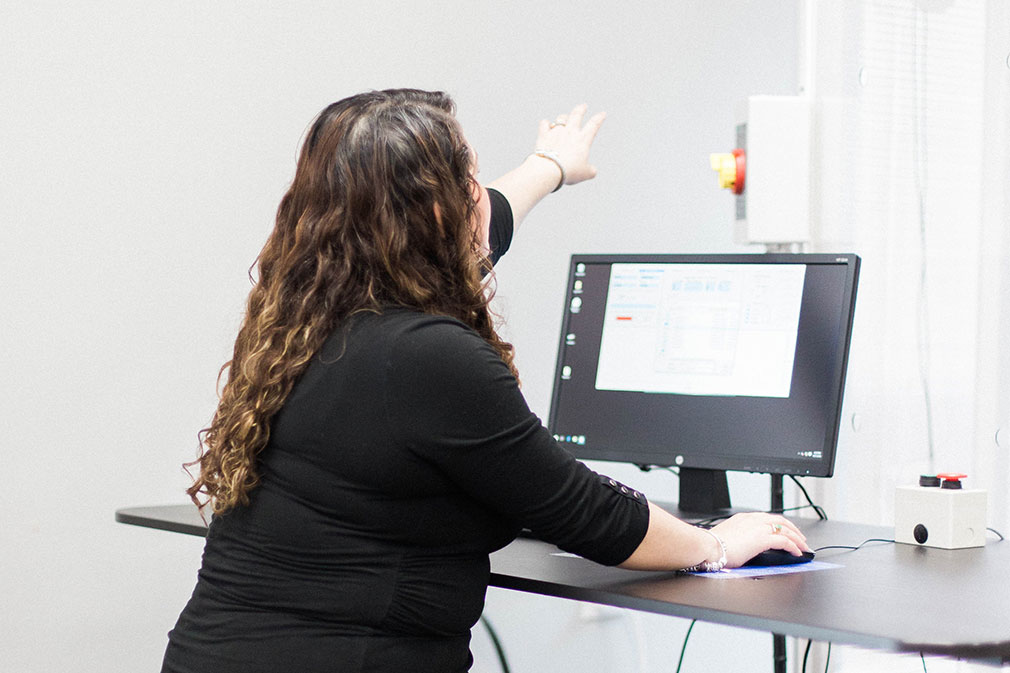How Viruses Hack Your Brain To Spread Around The World
The immune system is typically effective in clearing most respiratory (lung) viral infections within a period of a few weeks. In order to avoid the immune system, viruses have evolved mechanisms to escape the respiratory tract of the host, where it can then go on to infect another person before being killed by the original host’s immune system. So how does a virus strategically try to hack into your brain and force you to spread it to others?
Respiratory viruses commonly cause local inflammation in the lungs which stimulates the local nerve fibers. This nerve stimulation travels up the vagus nerve into your brain and stimulates your parasympathetic system, which leads to coughing, sneezing, bronchoconstriction, and secretions in your lungs. This whole process involves what is called sensory neurogenic inflammation in the lungs.
The longer a virus is in your body, the more likely it is it can start to alter your genes. This process, called neuroplasticity, increases the receptors and connections of the nerves transmitting inflammatory signals to your brain. Viruses can also change the functions of some nerves that typically WOULD NOT transmit inflammation signals to the brain into nerves that DO transmit inflammation signals into the brain. This leads to an increased number of nerve signals stimulating your brain with inflammatory messages. This can lead to chronic coughing, sneezing, and bronchoconstriction that has potential to last beyond the viral infection. For many with underlying airway pathologies such as asthma and COPD, this neuroplasticity and increased inflammatory signals can lead to disease exacerbations and hospitalization.
In summary, a respiratory virus can create inflammation in your lungs which can alter your genetic expression through a process called epigenetics. This alteration of the genes creates more inflammatory signals that travel up through the vagus nerve into the brain. The parasympathetic nervous system becomes stimulated/overstimulated and creates coughing, sneezing, bronchoconstriction, and secretions in your lungs. This coughing and sneezing allow the virus to escape one host and survive in another before being killed by the immune system. For those who have preexisting lung conditions, this increase in inflammatory brain pathways could lead to excessive bronchoconstriction and may be dangerous for specific individuals.
REFERENCE:
Airway vagal neuroplasticity associated with respiratory viral infections. Lung. 2016.






